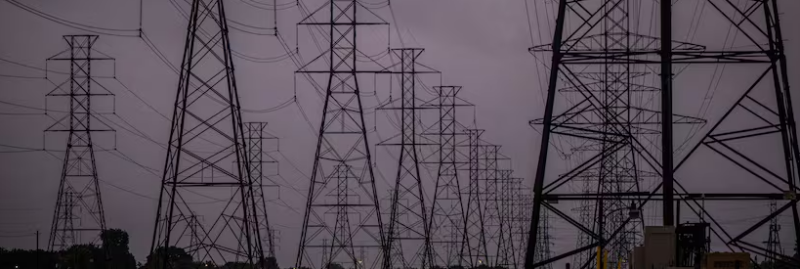California Commission To Vote On Income Based Electric Bills
California's Public Utilities Commission will soon be voting on a proposed electricity fee that has sparked significant controversy amongst residents. This new fixed charge, which is expected to be based on income, has the potential to impact households' monthly electricity bills significantly.
Initially, the utilities had proposed a fixed fee of up to $85 per month, on top of the regular usage charges. However, after facing backlash, the proposal has been scaled back significantly. The current proposal suggests a maximum fee of $24 per month for higher earners and $6 or $12 for lower-income households. Despite this decrease, the proposed fees still exceed the average fixed charges of $11 in other states.
One unique aspect of this proposal is that the fixed charges would be adjusted based on income. As a result, lower-income households would be paying a lower fixed fee compared to their higher-earning counterparts, in an effort to alleviate the burden on those who can least afford it.
In order to offset the higher fixed charges, utilities would also be required to reduce the cost per kilowatt hour of electricity. This means that some households, particularly those with high electricity usage, may end up saving money overall. However, those who use less electricity may end up paying more as a result of the fixed charge.
There has been significant political outrage over the proposed fixed fee, with many criticizing it as an income tax disguised as an electricity fee. In response to this backlash, the utilities have revised their proposal, but the idea of implementing a fixed charge remains controversial.
One of the primary concerns raised by opponents is that the fixed charge could potentially lead to double-dipping by the utilities. Without proper safeguards in place, there is a risk that the costs embedded in the fixed charge could also be duplicated in other cost-recovery requests, resulting in even higher rates for consumers.
Some have also pointed out that the high electricity rates in California are a result of the Public Utilities Commission's failure to regulate the prices, service, and reliability of private energy utilities effectively. The Commission has come under fire for consistently approving unjustified cost increases, leading to the state having the highest electricity rates in the contiguous US, after Hawaii.
Despite opposition from some Democratic lawmakers, it is likely that the fixed fee will still be adopted by the Public Utilities Commission. However, the concern is that this is just the beginning, and the utilities will continue to increase the fixed charge over time, negating any initial reduction in cost per kilowatt hour.
Ultimately, the burden of these proposed fees will fall on California residents, who are already grappling with high electricity rates. With no strong safeguards in place to prevent constant rate increases, it is possible that many households will see a significant impact on their monthly budgets. As the decision on the fixed fee is set to be made in a few weeks, it remains to be seen whether the Public Utilities Commission will take steps to protect consumers from further financial strain.


